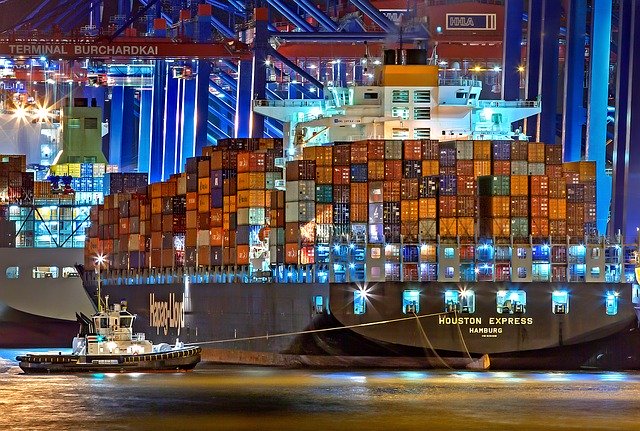A traceability framework for the construction supply chain
A Traceability Framework has been developed to help with the complex process of tracing the source, production and distribution of construction products, and verifying the claims made about them.
Many construction products have long and complex journeys before reaching their end consumers, who often know little about the origins of the products, or the circumstances in which they are sourced, produced and distributed.
Traceability involves knowing where products come from, their journeys through supply chains and the conditions within those supply chains. Tracing helps to verify claims made about the products, such as that they are manufactured without workforce exploitation (for example without using modern slavery), and about their embodied carbon and life-cycle energy use, quality and so on.
Traceability is established in the automotive, pharmaceutical and food sectors, but little is known about traceability in construction. A BRE Trust supported PhD research study by Asselya Katenbayeva at Loughborough University, has been conducted in response to this gap in our knowledge. It has investigated how traceability is understood and implemented by contractors and manufacturers, and developed and validated a Traceability Framework for the construction sector.
The study revealed the critical role of responsible sourcing and supply chain sustainability for driving traceability in construction. However, a lack of supplier collaboration and information exchange, stemming from the fragmented and complex nature of the construction sector, hinder traceability. This is compounded by the absence of regulations governing traceability, and low awareness of its benefits, scope and implementation.
On the other hand, the development of digital technologies offers the potential for traceability to optimise product supply chain processes, improve product quality management and facilitate the circular use of products in the construction sector.
A Traceability Framework has been developed to provide a holistic way of understanding the complex process of tracing products within construction. It was validated with contractors, manufacturers and other construction sector stakeholders. The framework can be a starting point for construction companies developing their own company-specific traceability strategy.
Asselya was supervised by Dr Chris Goodier, Dr Peter Demian and Prof Karli Glass at Loughborough University, and Dr Shamir Ghumra at BRE. For more information on the Traceability Framework contact Asselya ([email protected]) or access the paper.
[edit] Related articles on Designing Buildings Wiki
- Action programme for responsible and ethical sourcing.
- BES 6001 Responsible sourcing of construction products.
- BRE articles.
- BRE Trust.
- BREEAM recognised responsible sourcing certification schemes.
- BREEAM Responsible Sourcing of Materials.
- Building Research Establishment.
- Chain of custody.
- Point of supply.
- Traceability.
Featured articles and news
Homes England creates largest housing-led site in the North
Successful, 34 hectare land acquisition with the residential allocation now completed.
Scottish apprenticeship training proposals
General support although better accountability and transparency is sought.
The history of building regulations
A story of belated action in response to crisis.
Moisture, fire safety and emerging trends in living walls
How wet is your wall?
Current policy explained and newly published consultation by the UK and Welsh Governments.
British architecture 1919–39. Book review.
Conservation of listed prefabs in Moseley.
Energy industry calls for urgent reform.
Heritage staff wellbeing at work survey.
A five minute introduction.
50th Golden anniversary ECA Edmundson apprentice award
Showcasing the very best electrotechnical and engineering services for half a century.
Welsh government consults on HRBs and reg changes
Seeking feedback on a new regulatory regime and a broad range of issues.
CIOB Client Guide (2nd edition) March 2025
Free download covering statutory dutyholder roles under the Building Safety Act and much more.
Minister quizzed, as responsibility transfers to MHCLG and BSR publishes new building control guidance.
UK environmental regulations reform 2025
Amid wider new approaches to ensure regulators and regulation support growth.
BSRIA Statutory Compliance Inspection Checklist
BG80/2025 now significantly updated to include requirements related to important changes in legislation.
























